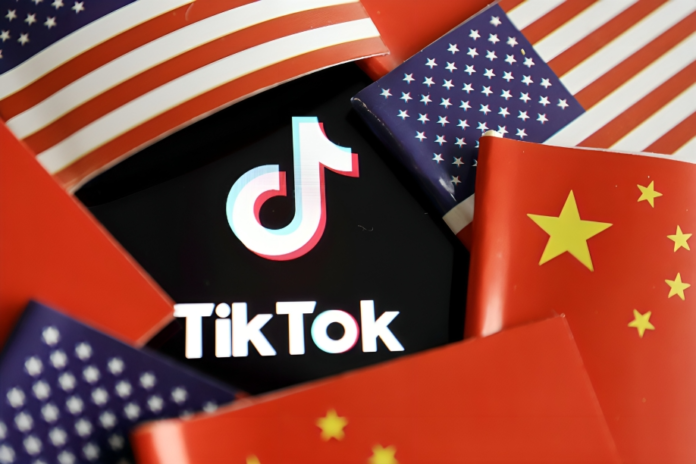TikTok future in US hangs in the balance as the app prepares to argue in federal court that a law mandating divestment from its Chinese ownership or facing a ban in the United States is unconstitutional. The outcome of this case could significantly impact Americans’ access to TikTok, making it a key issue in the current political landscape.
Republican presidential candidate Donald Trump has voiced opposition to any ban on TikTok, while Democratic President Joe Biden, whose vice presidential candidate Kamala Harris is contesting against Donald Trump enacted the law requiring TikTok to divest by January 19, 2025, or be expelled from the US market.
ByteDance, TikTok’s parent company, has publicly stated it has no intention of selling the app, positioning its legal appeal—centered on US guarantees of free speech—as its last resort for survival. A potential ban could trigger a strong backlash from the Chinese government, further complicating US-China relations.
The case will be heard by a three-judge panel of the US Court of Appeals for the DC Circuit, where TikTok, ByteDance, and a collective of users will argue that the law infringes upon free speech rights. The judges are expected to make a decision in the coming weeks or months, but regardless of the outcome, the case is likely to escalate to the US Supreme Court.
TikTok appeal states, “There is no question: the Act will force a shutdown of TikTok by January 19, 2025, silencing those who use the platform to communicate in ways that cannot be replicated elsewhere.” Furthermore, TikTok argues that even if divestiture were feasible, the app would be diminished, losing the innovative technology that personalizes content for its users.
Claiming that “the Constitution is on our side,” TikTok seeks a ruling that supports its 170 million American users. Conversely, the US government asserts that the law addresses vital national security issues rather than free speech, arguing that ByteDance cannot invoke First Amendment protections in the US.
The Justice Department contends, “Given TikTok’s broad reach within the United States, the potential for China to exploit TikTok’s features to undermine American interests presents a national-security threat of considerable magnitude.” They fear that ByteDance might comply with Chinese government demands for US user data or submit to censorship pressures.
TikTok scrutiny began during Trump’s presidency, when an attempted ban was blocked by a federal judge citing potential free speech violations. Trump has since altered his stance, stating, “For all of those that want to save TikTok in America, vote for Trump.”
In a testament to TikTok influence, Biden’s reelection campaign established a presence on the platform earlier this year. Although Biden has stepped back from his campaign, Harris remains active on TikTok, leveraging social media to connect with younger voters.
Also Read: TikTok Workshop in Karachi Empowers SMEs
The legislation signed by Biden aims to navigate the legal obstacles faced by Donald Trump. However, experts caution that the US Supreme Court may struggle to balance national security concerns against free speech rights, especially regarding online platforms. Much of the US’s national security arguments are classified, complicating the evaluation of their legitimacy, as noted by Carl Tobias, a law professor at the University of Richmond.


